What's harder than being a gay teen in high school? Making a movie about a gay teen with a major film studio. It hasn't existed -- until Love, Simon "came out" this month. The film's journey to the big screen was no straight line.
Simon Spier was first introduced in a 2015 young adult novel by Becky Albertalli, Simon vs. the Homo Sapiens Agenda. Albertalli seems an unlikely source for a book about a closeted high-schooler battling digital blackmail. The 30-something Georgia native is a straight, married woman with kids; who worked as a clinical psychologist before penning Simon.
But Albertalli knows what it's like to be an outsider. Growing up in the Atlanta suburbs, she was bullied for her body type, and she drew from this experience to craft her gay 16-year-old protagonist. "He's a lot like me," Albertalli revealed: "a theater kid" who is "full of secrets" and "piecing together" how to grow up.
Simon was a hit with critics and readers. It found its way to the desk of Greg Berlanti -- the gay producer behind The Broken Hearts Club and the CW's Arrowverse. Berlanti fell in love with Albertalli's book and pursued a potential film adaptation. However, Fox 2000 Pictures and Temple Hill Productions beat Berlanti to the punch, commissioning a screenplay by Isaac Aptaker and Elizabeth Berger.
Berlanti still wanted to be involved, and he visited the studio one Saturday afternoon to share his notes about his imagined adaptation. In return, producers offered him the opportunity to direct, and Berlanti happily accepted. Albertalli, a Berlanti fan, was thrilled. "It feels very special that this movie is coming out, that Fox is taking this chance right now," she said.
Berlanti connected with the book "in a very personal way," he said, and "really tapped back into myself, the sense of isolation I felt as a closeted gay teenager." He used this perspective to advise writers, producers, and actors in creative choices. With them, he was "more open and vulnerable than I usually am about my own story."
"I realized for me to be the best shepherd of this, I'm going to have to be as personal as I can be. And maybe that will invite other people to be personal too," he reasoned.
There are also many parallels between Berlanti and Simon. The 45-year-old director grew up "really closeted" in a town outside New York City. He felt "a sense of isolation" within his family. He was a theater geek who studied playwriting at Northwestern University, where he encountered another "bizarre" overlap while in a fraternity.
"I was with someone before I was out, and someone threatened to out both of us in a letter when I was still in college," said Berlanti, who was "terrified" by the experience. "I was living a double life in school."
Clockwise from above left: Becky Albertalli, Nick Robinson as Simon Spier with Greg Berlanti, and below right, Berlanti.
Fortunately, Berlanti resolved the situation by approaching the blackmailer, who "melted down" after the confrontation. "I think they were going through stuff themselves. Again, there wasn't as much ability to express who you were [back then]. That can cause people to act all sorts of ways where they aren't their best selves," he said.
Berlanti eventually came out at 23. Initially, his parents "had a rather rough time with it." During the "cooling-off period," Berlanti wrote a letter to them expressing a theme also addressed in Love, Simon -- that being gay was only one aspect of who he was. It must have been persuasive. Within a year, his parents were attending a party at a gay bar for a film he had made.
Today, Berlanti also understands what it's like to be a parent. He and his husband, soccer player Robbie Rogers, welcomed a son, Caleb, through surrogacy in 2016. The experience taught Berlanti a lot about children.
"You try and figure them out more than you try to imprint on them," Berlanti said. "I'm not sure I realized how true that was -- that our son has his own desires and wants and personalities. I'm sure they'll keep unfolding to us as he grows up."
For parents, seeing Love, Simon with their kids might help them with this discovery. Berlanti recounted "a really emotional moment" at a test screening in Kansas, when a 13-year-old came out to his father.
It demonstrated how a film like Love, Simon was necessary in both red and blue states. "People in the heart of Kansas were just as passionate talking about the importance or the reason people needed a movie like this as the people in California," Berlanti said. "At the end of the day, it's good for us all to remind each other that we're all human beings, and people aren't as different as they think."
This lesson is vital. As the #MeToo movement has shown, the perils of being closeted can extend well past high school. Sexual predators like Harvey Weinstein have used threats of outing to manipulate vulnerable queer people.
To fight this abuse of power, Berlanti quoted Harvey Milk: "Every gay person must come out." But unlike in Love, Simon, where "that moment gets stolen from our hero," it's up to individuals to take control of their own narrative. Coming out is "not something that should be taken away from anyone," Berlanti stressed. But it is inevitable.
He concluded, "Everybody in their lifetime, in one way or another, has to learn how to say to the world, 'This is who I am.'"
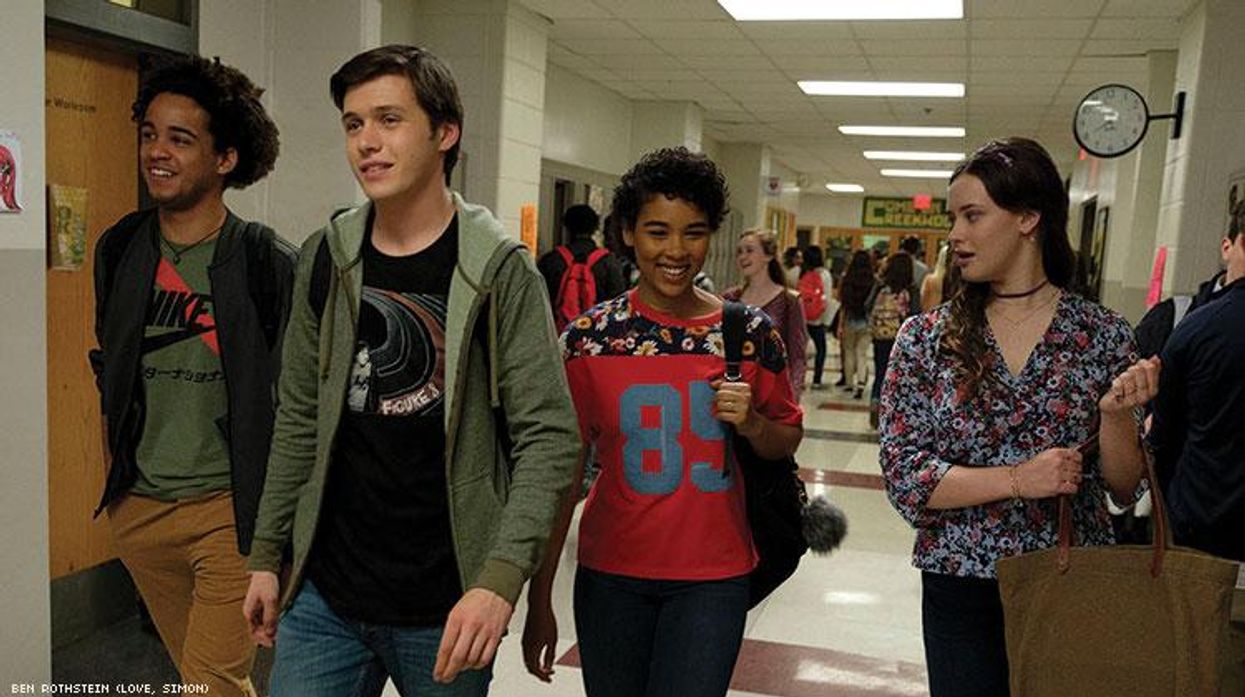
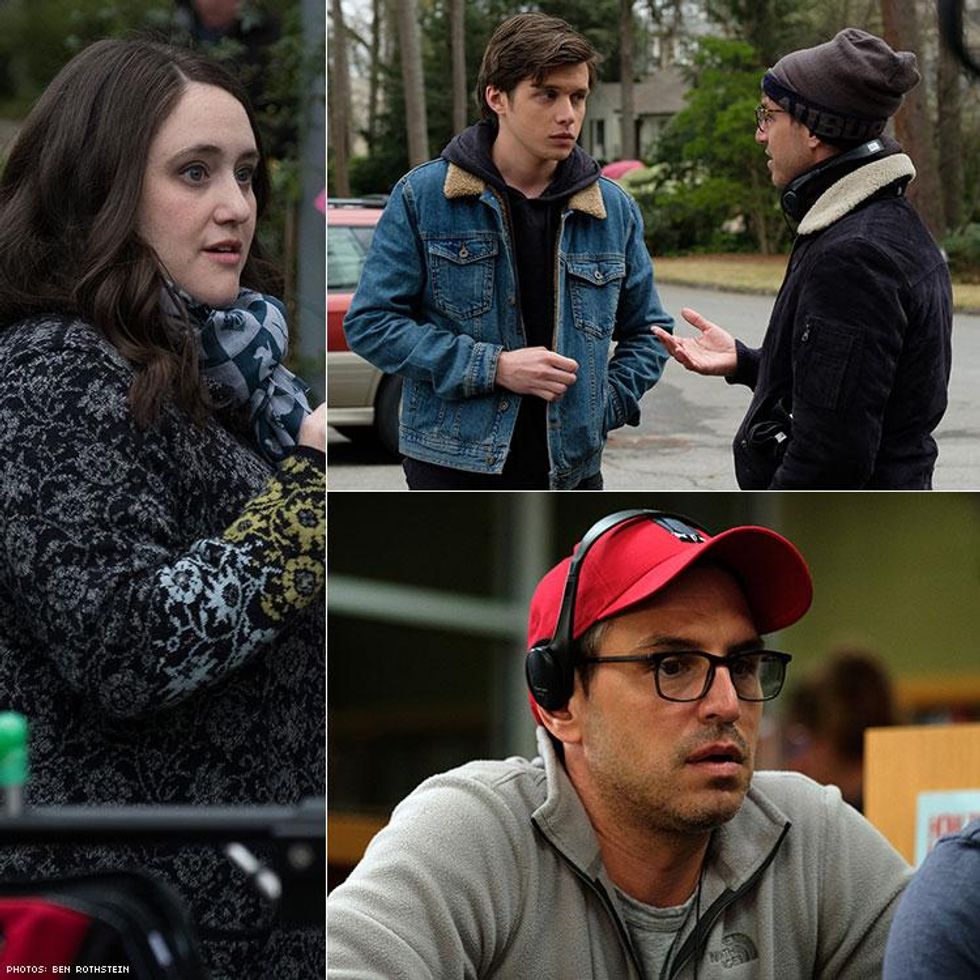




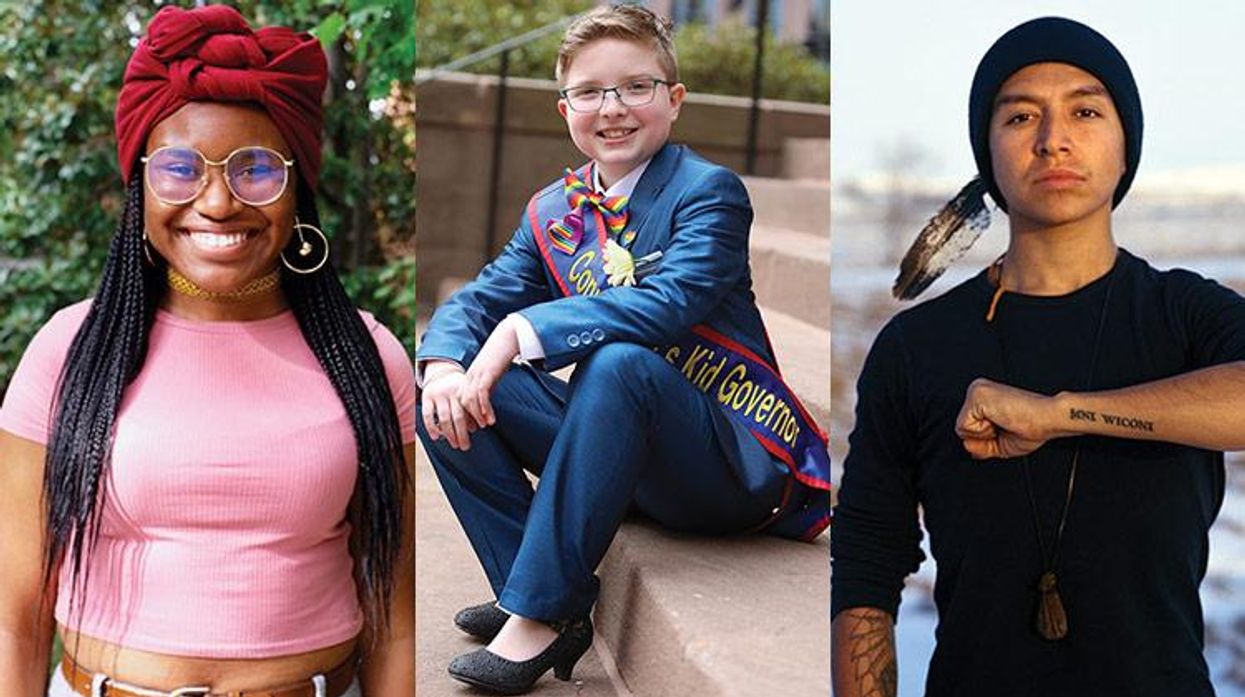

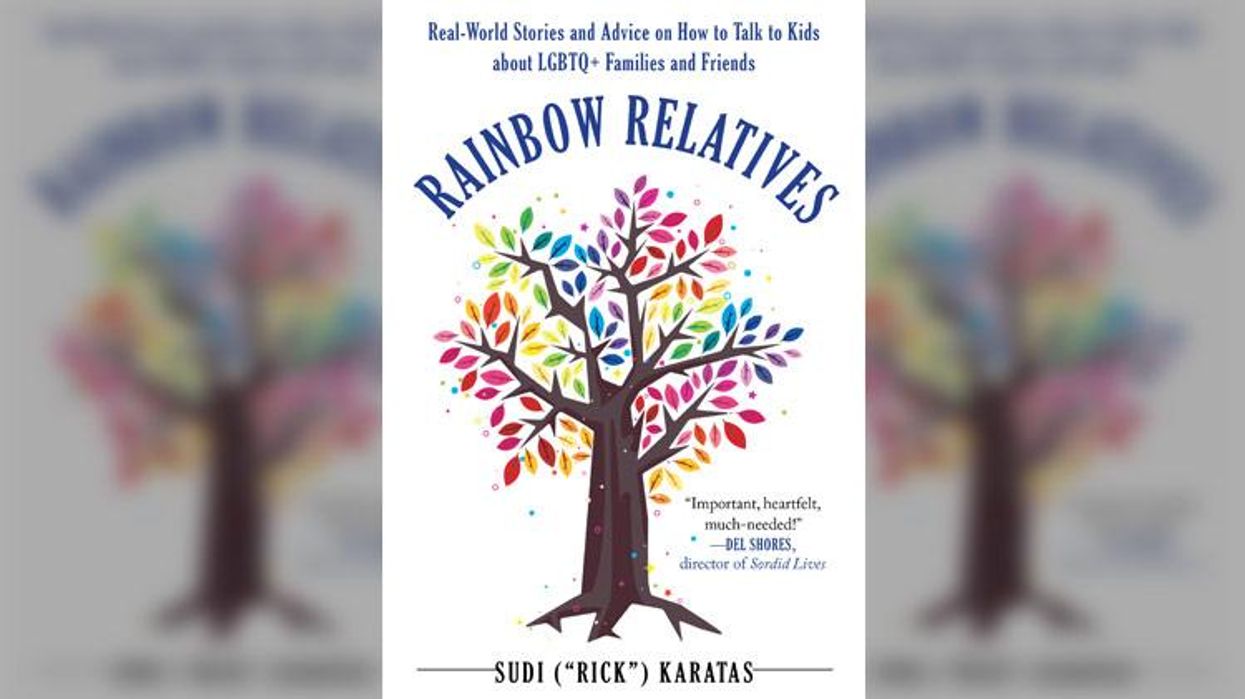
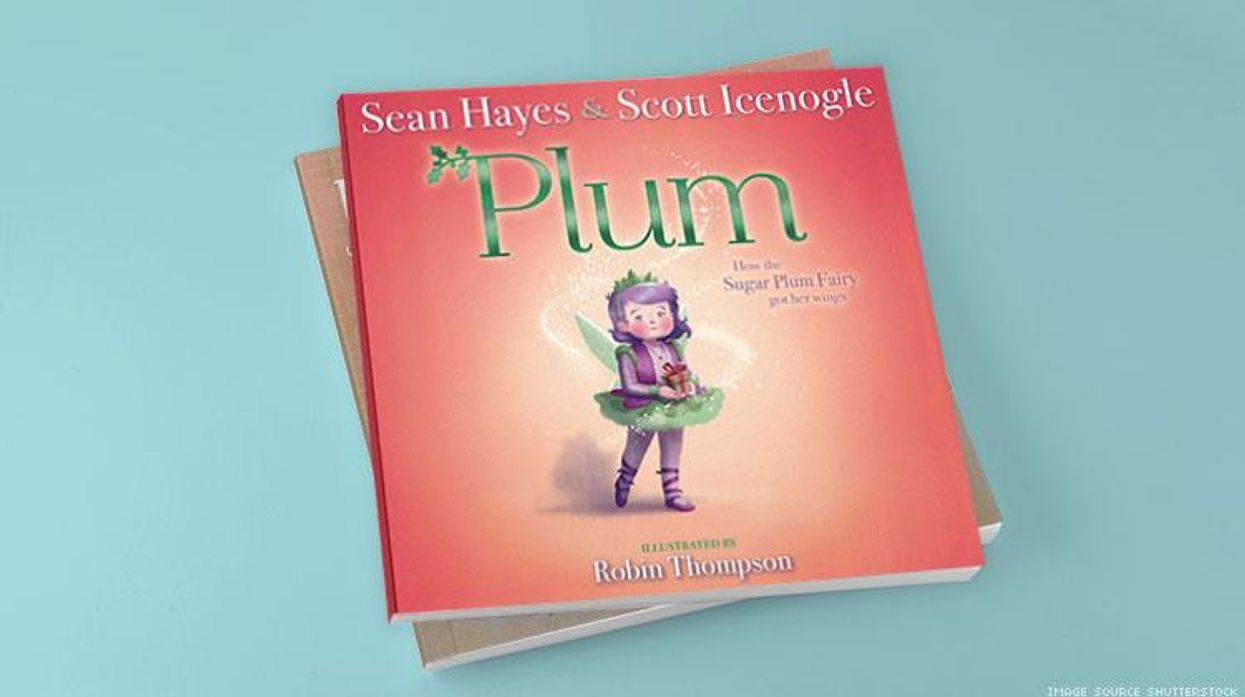
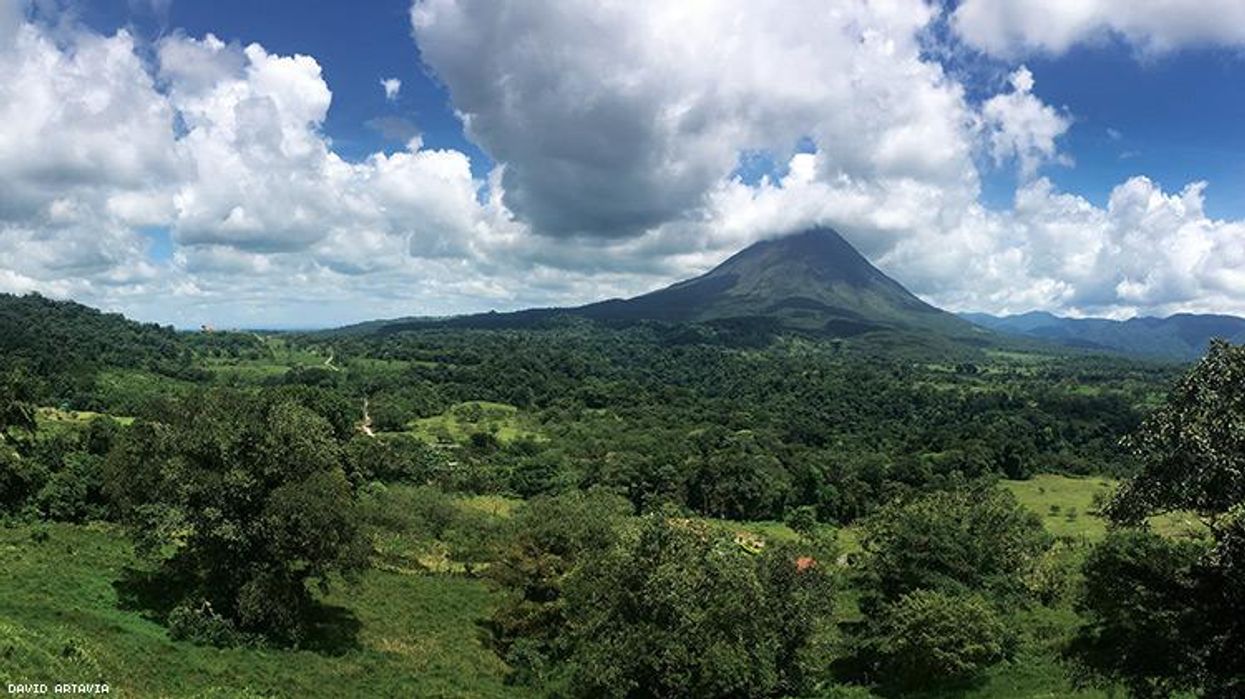





Charlie Kirk DID say stoning gay people was the 'perfect law' — and these other heinous quotes
These are some of his worst comments about LGBTQ+ people made by Charlie Kirk.